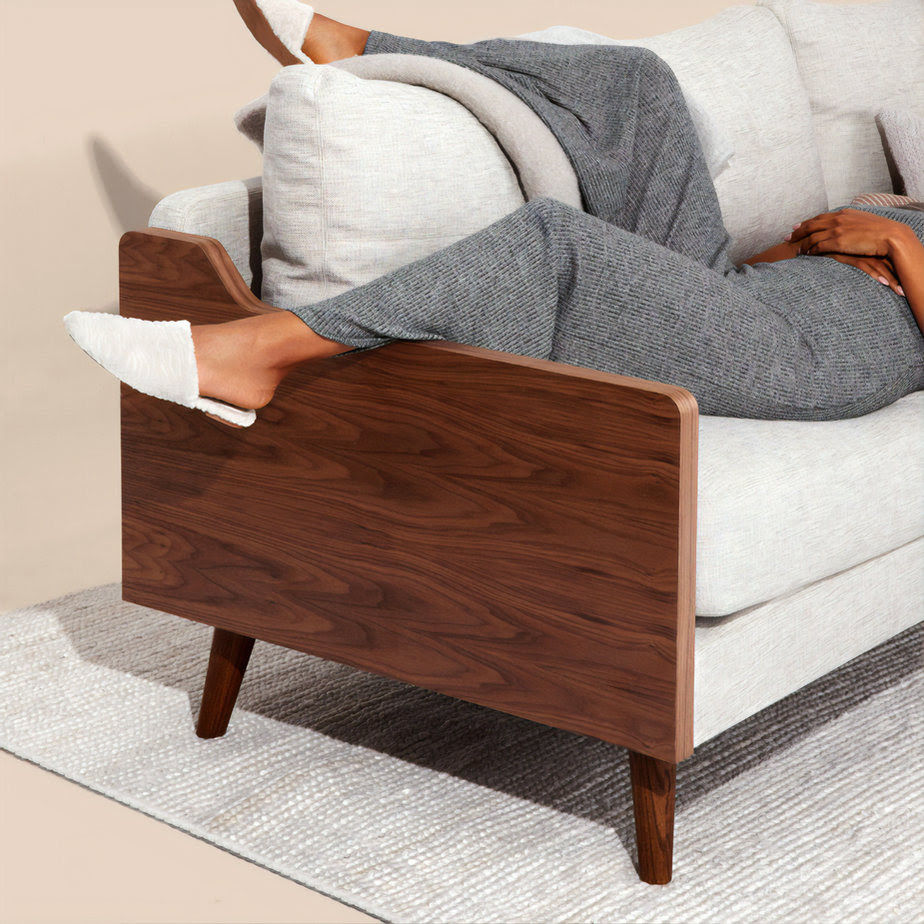Can Pets Help Relieve Depression?
- Bay Area Mental Health
- Oct 7, 2022
- 3 min read
Updated: Dec 10, 2022
“Pets offer an unconditional love that can be very helpful to people with depression,” says Ian Cook, MD, a psychiatrist and director of the Depression Research and Clinic Program at UCLA.
We all struggle from time to time with feeling down, stressed out, or lonely, whether or not we have a diagnosed mental health problem. Research shows that animals reduce tension and improve mood.
Along with therapy and possibly medications, pets can help people with mild to moderate symptoms. Here’s a couple of ways that pets could help you if you’re feeling low:

Pets are uncomplicated and give unconditional love. Relationships with family and friends can be complicated and can cause frustration, as well as providing love. “With a pet you can just feel, you don’t have to worry about hurting [their] feelings or getting advice you don’t want” says Teri Wright, PhD, a psychologist in Santa Ana, CA. If you have PTSD or trauma, it can be tough to relate to other people because of trust issues. It can be easier to trust an animal.
Pets provide a sense of responsibility. Taking care of another being can bring a new and positive focus to your life. Taking a dog for a quick walk around the block gets you out of the house and gives you some fresh air. If you’re depressed it can be hard to get out, but with Rover begging you for a walk with his leash in tow, it can actually be fun to get out instead of feeling like a chore.
Getting outside for a quick walk, or playing with a cat also gets you moving, which is a proven approach for treating depression. You don’t have to go to a gym to get exercise. Physical activity increases the amount of dopamine in your system and can give you more energy.
Depression and PTSD can isolate you from the world around you. Pets provide companionship. You are never alone with Fido or Bitsy in the house clamoring for your attention. Having an animal companion increases the level of a hormone called Oxytocin, the bonding chemical, in your system.
We are social creatures and we need touch to thrive. Petting an animal and having them lick your hand or purr brings a warmth to your life. You can actually get sound machines that play the sound of a cat purring, but it doesn’t compare to the warmth you feel as they sit on your lap.
Pets can help improve your overall health. Research shows that having pets around can lower your heart rate, lower blood pressure, reduce stress hormones, like cortisol, and boost feel good chemicals in your brain (endorphins).
Research shows these same biochemical effects happen in companion animals, as well as in their humans!
It’s estimated that hundreds of thousands of veterans returning from service have PTSD (post-traumatic stress disorder). Common symptoms include anxiety, anger, depression, flashbacks and nightmares. In 2008 a program called Pets for Vets was started and there are now chapters all over the US. A recent study by Kaiser Permanente showed that companion animals can help veterans cope with their symptoms. Pets can help anyone who has PTSD or has experienced trauma manage symptoms that make it difficult to cope with daily life.
So what if you don’t have a dog or cat or other pet? No problem! Go visit a friend who has an animal and get your “fix”, or go to a pet store and play with the puppies waiting for new homes. You love cats but you’re allergic? Me too! There is a breed of cats, Siberians, which is almost hypoallergenic. I have 2 Siberian kitties and they help me calm down after a stressful day. Hang out with an animal for a day and see how you feel.
If you do have a mental heath diagnosis, you can get your pet certified as a companion animal. You will need a letter from your therapist or psychiatrist first, but this will enable you to travel with your pet and to rent an apartment that would otherwise not accept pets. This isn’t the same thing as a service dog, which is specially trained for service, but that’s another option you can consider.
How do animals effect you in your life?










video bokep viral
bokep sma viral
web scam penipu terbaru
pising
porn sex
sexual
link bokep indo
calmek becek
bokep perawan indo
bokep jepang
DVTOTO merupakan salah satu bandar togel dan slot terbaik di indonesia!
Situs Toto
Situs Toto
Toto Togel
Bungtoto
situs toto
Toto Togel
situs toto
Bungtoto adalah pilihan utama bagi para penggemar togel online karena di situs in menyediakan betingan bo togel terlengkap dan menyediakan hadiah terbesar di Asia
Toto Slot
Toto Slot
Situs Toto
Gampangtoto
Toto Slot
Situs Toto
Toto Slot
Gampangtoto adalah situs slot gacor berlisensi resmi gampang maxwin hari ini.
Winsortoto register and play now.
situs agen toto macau terpopuler di dunia dan menyediakan jackpot terbesar hanya di
situs toto
toto slot
Winsortoto
Winsortoto
Winsortoto
Winsortoto
Winsortoto
Winsortoto
Winsortoto